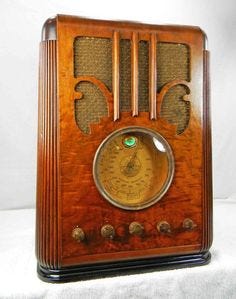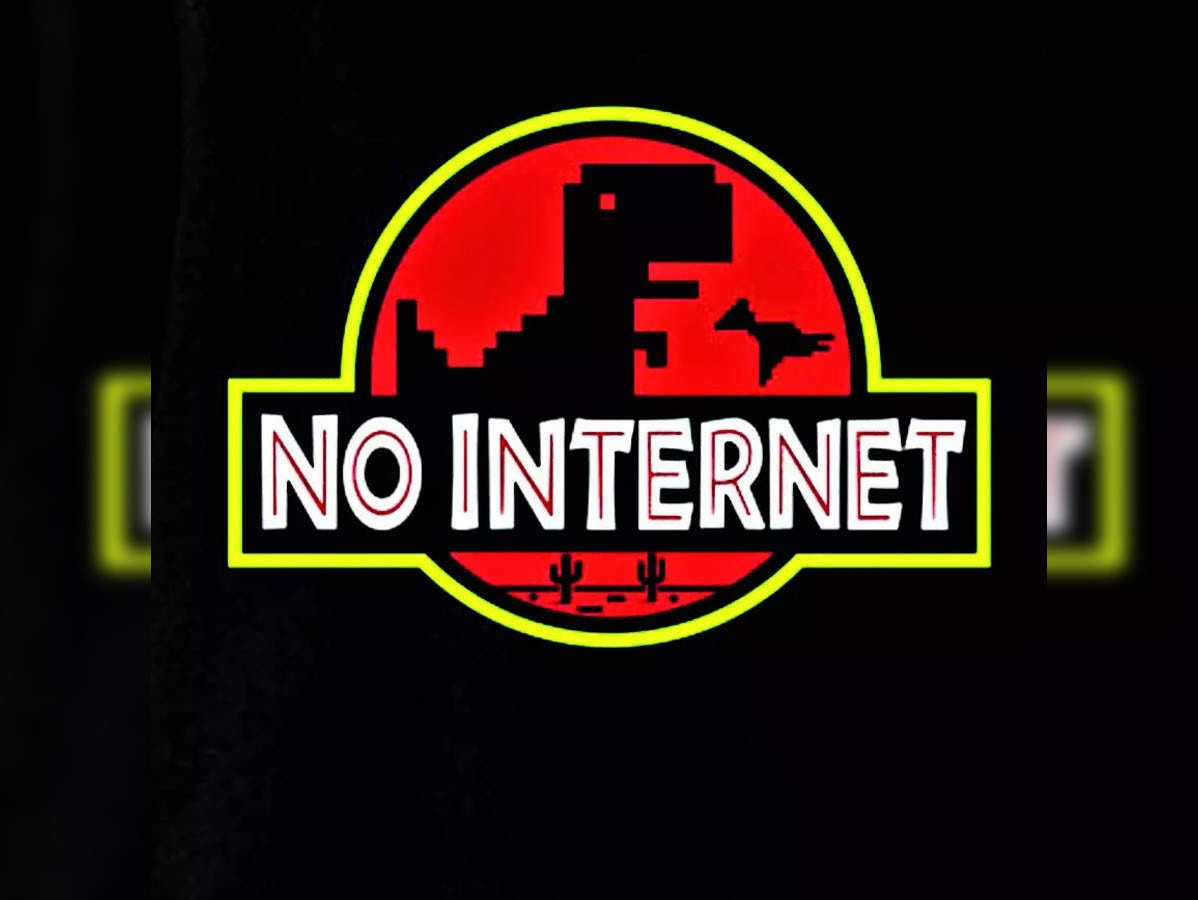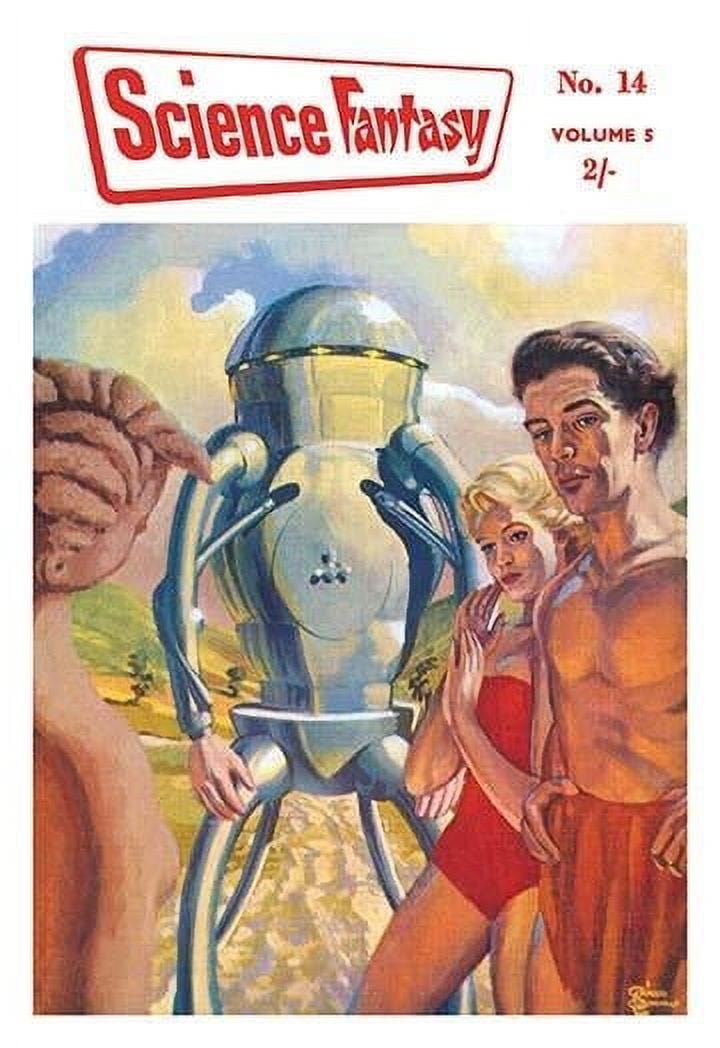"The Enormous Radio" (The Stories of John Cheever)
People like eavesdropping. Let's monetize it.
One of the surprising things about John Cheever, Checkov of Suburbia, inspiration for Mad Men and lover of Susan's father on Seinfeld, is that he's much weirder than his reputation. Yes, he still is the quintessential 20th century white guy writer whose subjects were vaguely unhappy drunks caught in loveless marriages, but he was not afraid to throw magic into his stories. When someone says that a Mad Men episode reminds them of the John Cheever story “The Swimmer” because Don Draper swims in it, don't believe them. Nowhere in Mad Men does Draper experience the passage of years over the course of an afternoon.
In my earlier review of this story, I compared it to a Billy Crystal short story (Earth Station Charlie?) where a couple ends up watching their neighbors on a special cable channel. I don't know if Crystal got the idea from this story or if he came up with it on his own since voyeurism is very popular. We don't like voyeurs. Voyeurs are creepy. We shouldn't be voyeurs, but temptation is strong. If there is an open window, we want to look. When someone dies, part of our brain wants to know how it happened. The permission to be voyeuristic is amazing. The best writers reveal their lives and minds. Reality television is scripted and edited but wouldn't it be even more fun if we were seeing the actual fights and drama.
“The Enormous Radio” is the fantasy of voyeurism without guilt. Unfortunately, as the story reminds us, most voyeurism isn't about looking in the windows of people at their most dramatic moments. Instead, it's scrolling over someone's Facebook page and hoping that they will say something interesting. While your friends might be entertaining and your crush from 9th grade might be dead, Facebook can be boring. Social media can be boring. These platforms need scrolling. Elon Musk is letting all the Nazis back on Twitter. Facebook was only mildly embarrassed about causing a genocide in Myanmar. Better genocide than non-engagement.
Sadly, social media, our modern excuse to voyeurism is boring because most people are boring. If they aren't angering you with their stupid political opinions, they are posting the same meme or repeating tedious aphorisms.
Enter Jim and Irene Westcott, a perfectly normal couple as far as John Cheever characters are concerned. They are upper middle class. They can afford a nice apartment in New York with a maid and the latest in 1940s electronics. Of course, in any other Cheever story this couple would drink or have affairs. This story gives them an old fashioned magic radio that lets them hear their neighbors.
Sadly, their neighbors are boring. So terrifically boring in that upper middle class way. They are having parties. They are finding jewelry on the bathroom floor. They are arguing about money because everyone is worried about money. Isn't capitalism fun? Toward the end of the story, Irene hears the neighbors fighting to the point that blows start landing.
So they do what every guru on social media tells you to do. They turn it off. That's it. Again, this story is a little on the dull side. A couple gets a magic radio. The magic radio lets them spy on their neighbors but they realize it's a big waste of time. So they get the radio fixed and it only gives them classical music from then on.
Only they miss the thrill of spying on their neighbors. They feel disconnected.
If this was a pulp story in one of those John C. Campbell publications from the 1940s, dozens of think pieces would claim that it “predicted” the internet in the same way that The Simpsons predicted half of today’s events. These articles would have been clickbait shared by dozens on social media before disappearing. Thankfully, it's literary fiction and fewer people care about literary fiction.
Like dystopian fiction, “The Big Radio” doesn't predict anything. Neither George Orwell, Aldous Huxley nor John Cheever predicted the modern world. They simply understood their own world and the people in it. Then they used what they knew to create nightmare scenarios. So Huxley's frustration with an increasingly superficial classist world led him to create an imaginary superficial classist world. Orwell's experience fighting authoritarian movements - Communism and Nazism - led to a world where these movements were so powerful that they could lie about history without pushback. John Cheever lived in an upper class world where no one wanted to be terribly exciting, but they were in each others' business. Maybe their neighbors were doing anything worth watching.
The fact that we live in a world where boring people go online to find other boring people in hopes that someone will provide some entertainment, only to find that their friends are just as tedious, only makes this story that much more essential.
So the writing jobs have dried up lately, so if you could help, please do.
Here’s a YouTube Video of someone reading this story.









